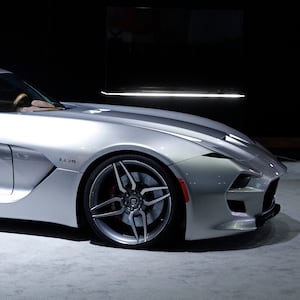There’s an old wives’ tale on the internet: If you store your batteries in the fridge, the cold will keep them fresh and extend their lifespan. This supposed hack is so rampant even electronics manufacturer Panasonic had to debunk it in an FAQ.
But this old wives’ tale is about to be proven true—at least for certain batteries. In a new study published on Wednesday in the journal Cell Reports Physical Science, Chinese and American researchers constructed a rechargeable battery that can be kept frozen for months and thawed without any loss of electrical power. A solution like this for long-term battery storage could open up a greater potential for using batteries to further renewable energy goals.
How much energy a battery stores and how long it lasts depends on what kinds of chemicals are stored inside and converted into electricity—a process that happens regardless of whether a battery is used or not. This leads to self-discharge—the number one reason why batteries lose their juice over time.
In the new battery unveiled Wednesday, its chemicals activate only when heated. This battery relies on aluminum and nickel to generate the electrical spark and something called a molten salt that serves as a medium for the spark to travel through. This molten salt—made of sodium, aluminum, and chloride—is crucial to the battery's design.
“When a drop in temperature forces the [molten salt] to solidify, the chemical energy in the battery can be literally frozen in time,” the researchers wrote in their paper. When thawed to temperatures as high as 180 degrees Celsius, the molten salt transforms into a liquid, allowing the battery to operate as usual.
What’s pretty amazing is that even after one to eight weeks in cold storage, the researchers recovered more than 90 percent of the battery’s electrical energy capacity. This promising figure means the battery could be a gamechanger for renewable energy, which runs into the problem of how to store excess seasonal energy, like solar energy during the summer months. We could potentially use this battery to soak up whatever extra renewable energy we’re harvesting to tap during times of need, like an energy crisis or when going off the grid.
This battery is still a proof-of-concept, though. There are still some kinks the researchers have to work out to get it off the ground, like how long the batteries can be kept active and heated (it seems if they’re kept continuously heated, electrical capacity gradually fritters away over time). But this new development is one step forward in making everyday batteries more efficient and versatile. And who knows, maybe storing them will be as easy as a trip to the fridge.






